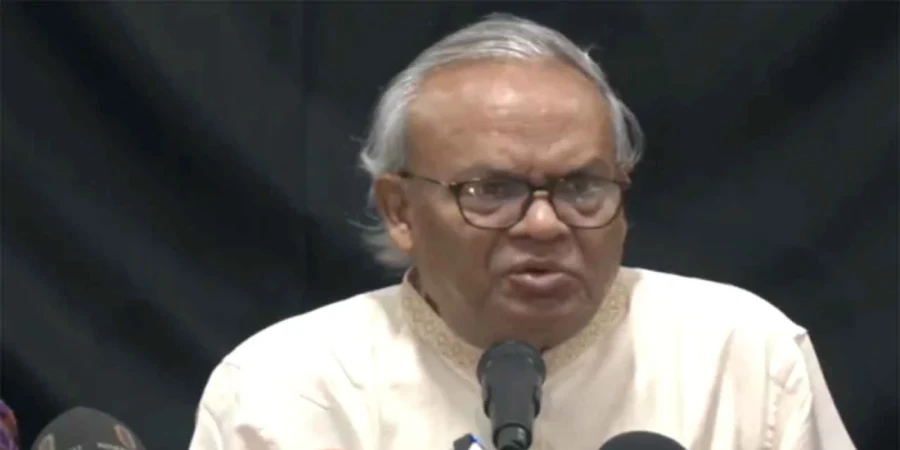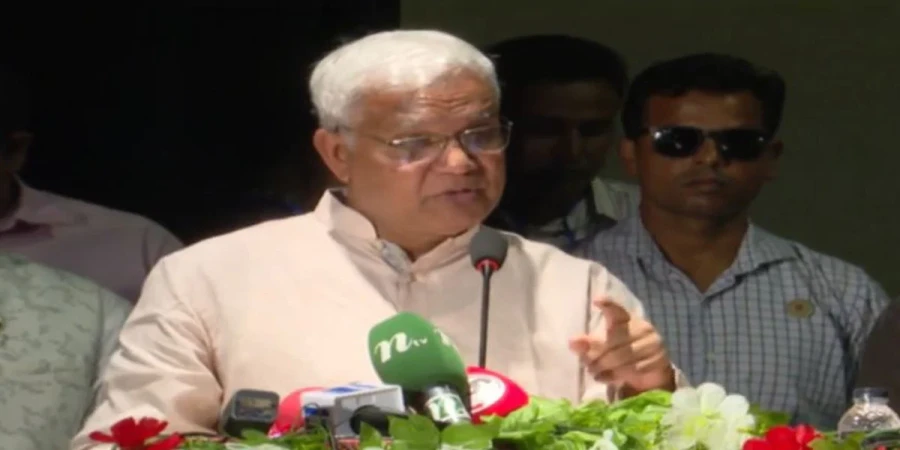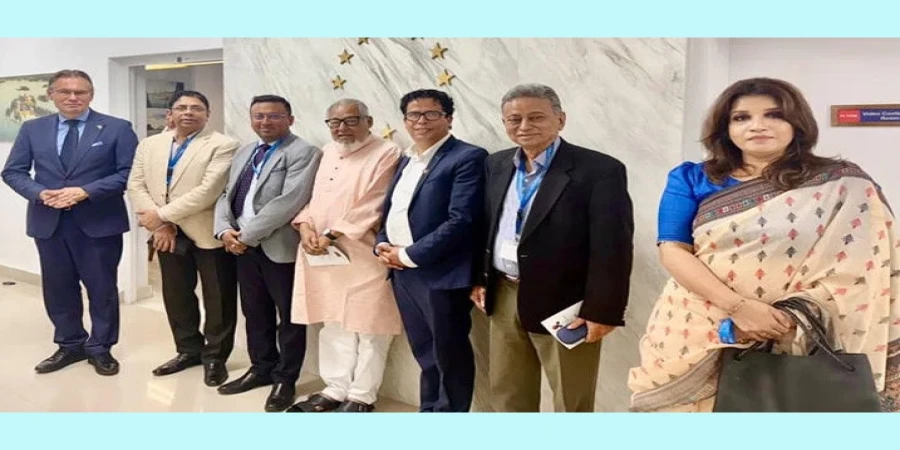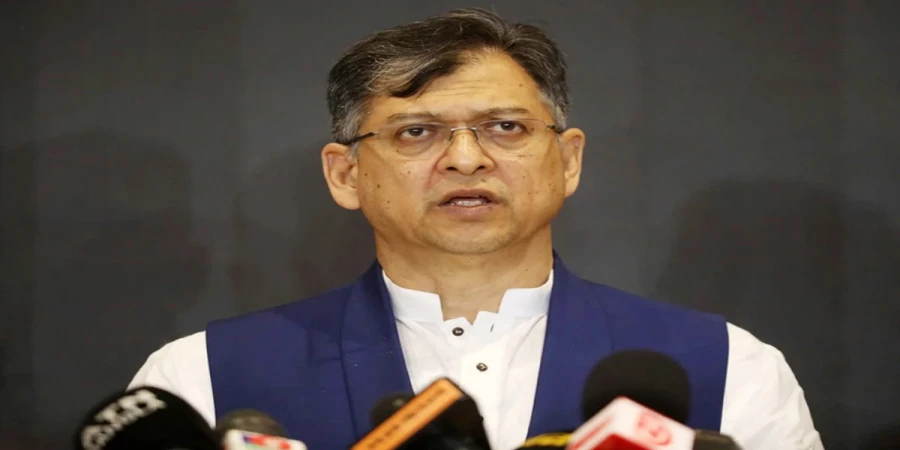
ছবি: -Collected Photo
BNP Senior Joint Secretary General Ruhul Kabir Rizvi has alleged that Jamaat-e-Islami’s name is surfacing in connection with recent stone looting incidents in Sylhet as well as in other controversies, including cases involving women. Speaking at a discussion held at the National Press Club on Sunday afternoon, Rizvi criticized what he described as a disproportionate focus on BNP in social media narratives, while, according to him, less attention is being paid to Jamaat’s alleged involvement in similar matters.
The discussion, organized around the book “Theoretical Analysis of Bangladeshi Nationalism: Crisis of Civic and Nationalist Nationalism”, provided a platform for Rizvi to address ongoing political debates and the shifting dynamics within opposition circles. In his remarks, he claimed that while allegations against Jamaat are emerging, they are not being publicized with the same intensity as those directed at BNP. He further argued that, in many cases, the BNP is being singled out by critics online, even when responsibility may lie with other actors.
Referring specifically to the August 5 uprising and its aftermath, Rizvi noted that divisions have become more visible within political discourse. He described the emergence of a narrative in which some groups are portrayed as inherently “bad,” while others position themselves as “good.” In this context, he pointed out that allegations of involvement in illegal sand extraction and stone looting are being associated with both BNP and Jamaat. However, he said the media appears to highlight BNP’s role more prominently while underreporting or downplaying Jamaat’s alleged connections.
Rizvi also questioned the way accusations against BNP are amplified, particularly when it comes to accountability measures. According to him, while BNP takes steps against individuals accused of misconduct, these measures are not always covered extensively in the press. He contrasted this with what he characterized as limited media scrutiny of Jamaat’s internal issues.
The senior BNP leader suggested that this uneven coverage contributes to a distorted perception of political responsibility in the public sphere. In his view, such imbalances risk deepening divisions not only within opposition parties but also in the broader political landscape of Bangladesh.
His comments come at a time of heightened political sensitivity, as allegations of corruption, resource exploitation, and social misconduct continue to dominate public discourse. The Sylhet stone looting issue, in particular, has drawn significant attention due to the economic and environmental implications of illegal extraction in the region. At the same time, controversies involving political groups have further fueled debates about ethics and accountability in public life.
Rizvi’s statements reflect the broader challenges facing the opposition as it navigates both internal divisions and external pressures. By drawing attention to Jamaat’s alleged role in ongoing controversies, he appeared to signal that the burden of scrutiny should not fall on BNP alone. His criticism of social media narratives suggests concern over how public opinion is being shaped in ways that, he believes, unfairly target his party.
The event at the National Press Club also highlighted how intellectual and academic discussions are increasingly being used as platforms for political leaders to articulate their perspectives on current issues. Rizvi’s intervention linked theoretical debates on nationalism with immediate concerns about political fairness, media representation, and intra-opposition dynamics.
As Bangladesh continues to grapple with political realignments following recent upheavals, the contest over narratives—both in traditional media and online—remains central. Rizvi’s remarks illustrate how opposition leaders are seeking to reposition their parties within this contested space, while also raising questions about the role of the press and social media in amplifying or muting certain voices.
repoter





